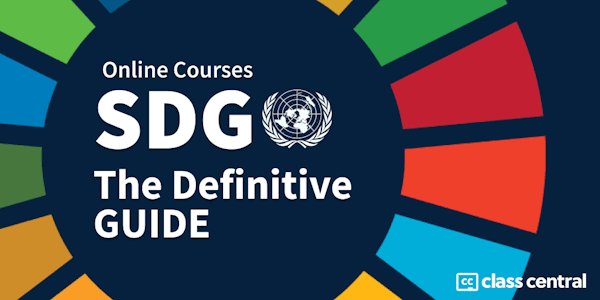What does a successful early childhood care program look like? How has a child’s brain developed at the age of 3? How does nutrition impact the future well-being of a child into adulthood?
Learn the answers to these questions and more in "The Best Start in Life: Early Childhood Development for Sustainable Development". With leading experts in the field – hailing from Harvard University, New York University and UNICEF, among other institutions – we’ll explore how neuroscience, sociology, anthropology and other studies have influenced our understanding of early childhood development.
This course is for:
- Graduate students and advanced undergraduate students in international development, teaching, nursing and medicine, and other fields who are interested in the key concepts and practices in early childhood development
- Teachers, healthcare professionals and other practitioners interested in the societal and biological factors impacting the children they support
- Sustainable development practitioners who want to understand the lifecycle of needs and support necessary to help children globally, including those who work for international aid organizations and nonprofits in the realms of poverty, nutrition and education



